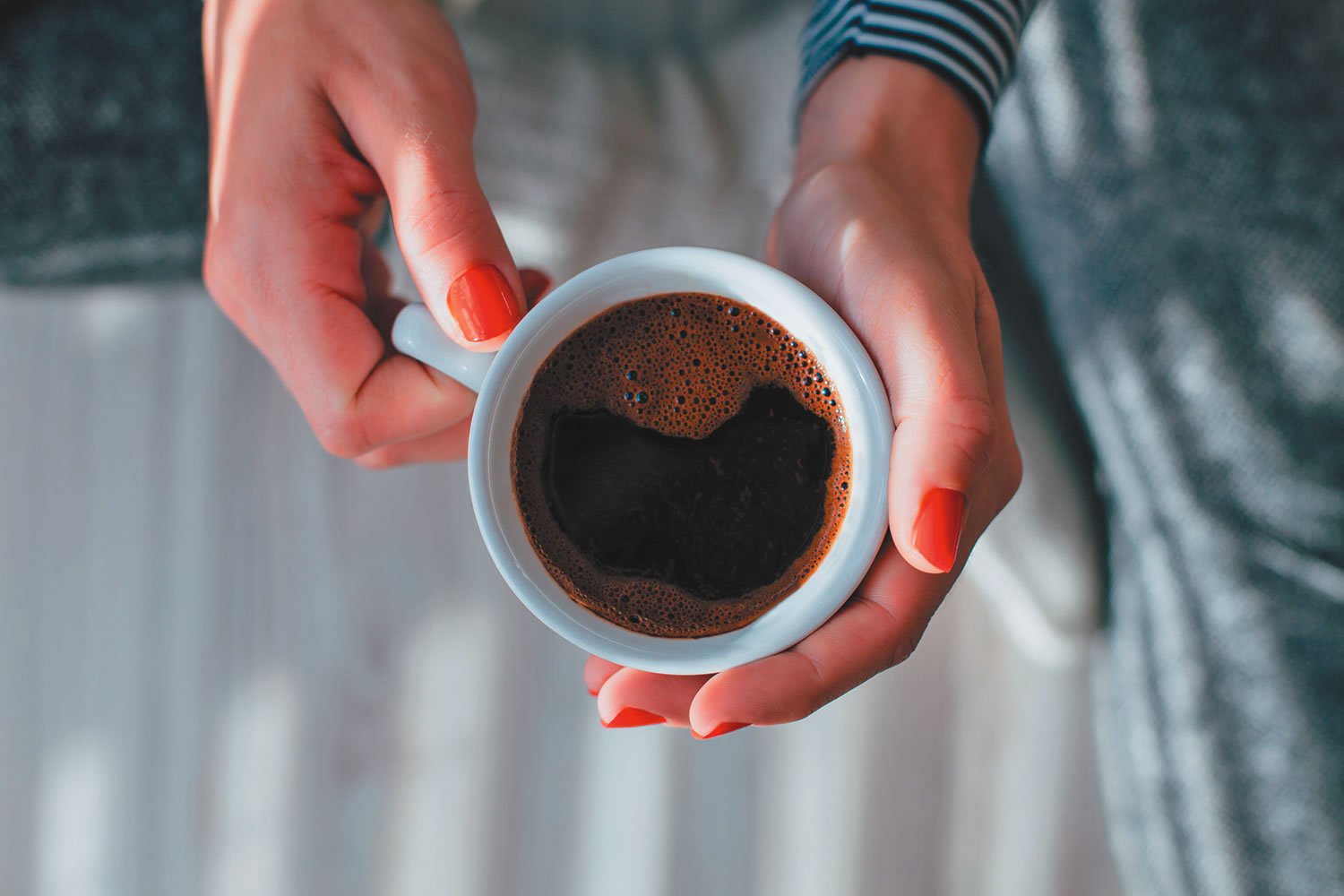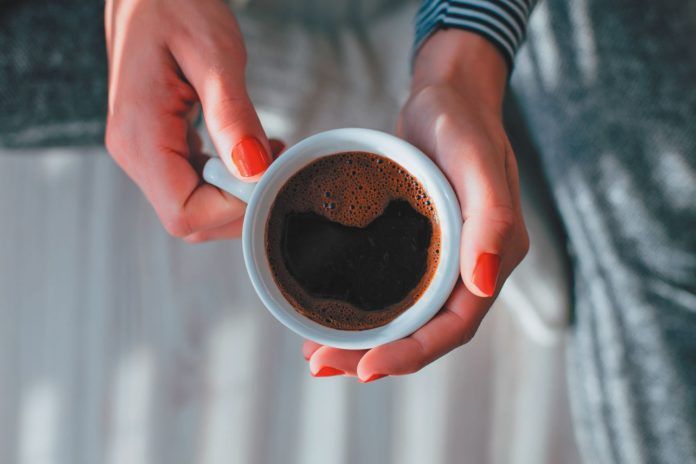Image © SKikovic | Getty Images

A. Robin Kanarek, PhD, a professor of psychology in the School of Arts and Sciences at Tufts, answers: “Caffeine intake does produce some of the characteristics associated with addictive drugs, although there are important differences. Caffeine has rewarding effects, and stopping caffeine triggers withdrawal symptoms, like fatigue and headaches. On the other hand, caffeine withdrawal symptoms are usually mild and last only a few days.
“Addictive drug use typically escalates and individuals may eventually lose control. In contrast, people typically have a set routine for consuming caffeine, like having a cup or two of coffee only in the morning or drinking it throughout the day. They typically don’t lose control and can cut back if they want to.
“Excessive caffeine consumption can cause restlessness, insomnia, anxiety, gastrointestinal disturbances, cardiac arrhythmias and rambling thoughts, but rarely causes serious health problems. If you develop the jitters or insomnia from caffeine, try limiting intake from all sources, not just coffee, to 400 milligrams per day, which is the amount of caffeine in about four 8-ounce cups of brewed coffee.”





















